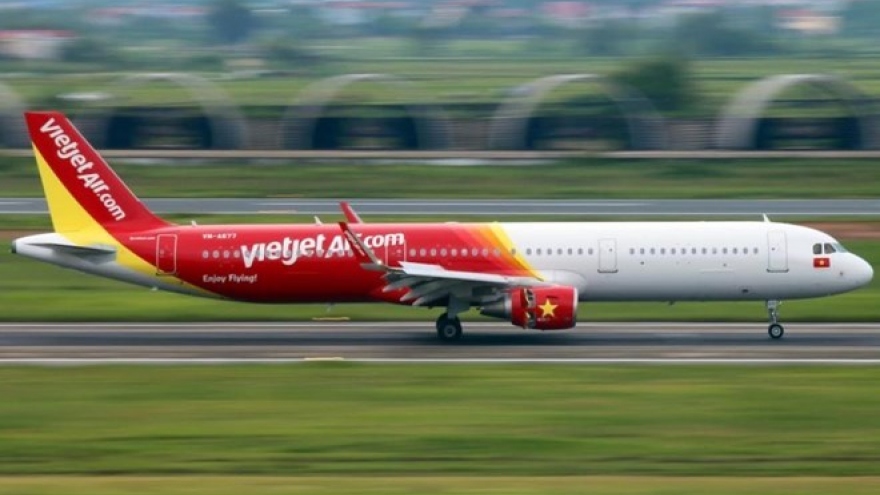Vietnamese products making inroads into India
Commodities from Vietnam have begun to make inroads into the Indian market as seen through the country’s first-ever trade surplus with India, standing at US$70 million last year.
He said since Vietnam and India set up a strategic partnership in 2007, bilateral trade has increased more than five-fold from 1.01 billion USD in 2006 to 5.5 billion USD in 2016, according to the General Department of Vietnam Customs.
Vietnam’s exports to India jumped 19.34 times during that period with average growth of 253 percent annually.
The structure of traded commodities has also changed dramatically, from mostly animal feed, corn and pharmaceuticals in the past to a wide range of goods at present such as agricultural and aquatic products, electronic devices, mobile phones and components, machinery, pharmaceuticals, chemicals, garments and automobiles.
Thuong said that the two countries have huge cooperation potential, especially after ties were elevated to a comprehensive strategic partnership during a visit to Vietnam by Indian Prime Minister Narendra Modi last year.
He said India is currently a big supplier of textile and garment materials for Vietnam, with the Southeast Asian nation importing 423 million USD worth of cotton, fibre, fabric, other materials and apparel products from India in 2013, up nearly 50 percent from the previous year. This figure reached 460 million USD and 457.47 million USD in 2014 and 2015, respectively.
However, it accounted for less than 3 percent of Vietnam’s total imports of cotton, fibre, fabric and other textile-garment materials – about 18.3 billion USD in 2015.
Indian businesses consider Vietnam as a new partner in automobile, machinery, spare part and equipment production. Many big enterprises have come to Vietnam to seek partnerships such as Tata Motors, Mahindra & Mahindra, Eicher and Escort, Thuong said.
He also highlighted pharmaceutical and health care which are strong industries of India. According to the Pharmaceuticals Export Promotion Council of India, this country’s exports of those products approximated 25 billion USD in the fiscal year 2014-2015. Vietnam imported more than 2.3 billion USD of pharmaceutical products in 2015.
In terms of agriculture, the two countries share a similar climate, allowing them to boost agricultural cooperation by transferring technology, exchanging experience and information, and building shrimp and tra fish farms.
Thuong noted data from India’s Ministry of Commerce and Industry showing that bilateral trade reached 9.2 billion USD in 2014-2015 and 7.83 billion USD in 2015-2016. He hopes it will be about 9 billion USD at the end of fiscal year 2016-2017.
He said to facilitate trade, the two Governments should remove tariff and non-tariff barriers and stop anti-dumping and anti-subsidy investigations into each other’s exports.
They also need to promote existing mechanisms such as the joint sub-committee on trade, enhance locality-to-locality and business-to-business partnership, and hold trade fairs and forums. It is also necessary to carry out the ASEAN-India Trade in Goods Agreement, ratify other ASEAN-India agreements on services and investment, and finish negotiations on the Regional Comprehensive Economic Partnership.
He urged both sides’ agencies and enterprises to optimise cooperation opportunities. Vietnamese companies should also make use of incentives from the “Make in India” initiative./.



